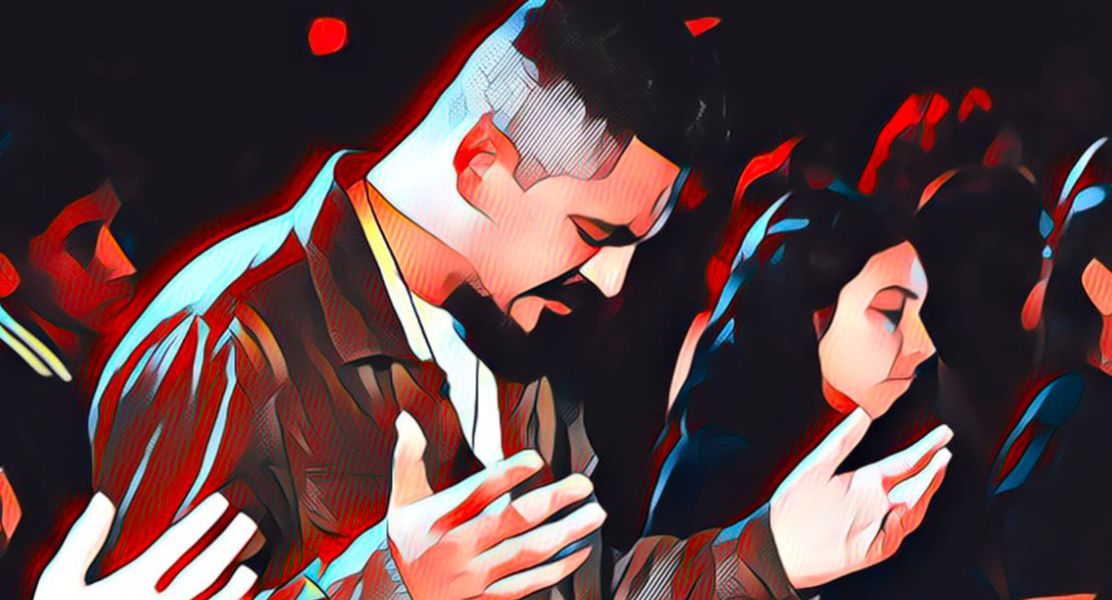Florida district court: City-organized prayer vigil violates Establishment Clause, even without Lemon test

When the U.S. Supreme Court issued its troubling ruling in Kennedy v. Bremerton, upholding a public school football coach’s right to lead a prayer at the conclusion of football games while he was still on duty, the majority also declared dead the Lemon test. Now, two years after the Kennedy decision, some cases that it impacted are still ongoing.
For decades, the Lemon test had guided courts in evaluating Establishment Clause cases, but the Kennedy decision abandoned it, replacing that guide with a vague “historical practices and understandings” standard. To determine if a challenged government practice violates the separation of church and state under this new test, the Court explained, “‘the line’” that courts and governments “must draw between the permissible and the impermissible” has to “‘accor[d] with history and faithfully reflec[t] the understanding of the Founding Fathers.’”
That new standard has courts scrambling to apply (and re-apply) the Establishment Clause in a variety of situations without much guidance. One such case is Rojas v. City of Ocala, a challenge to a prayer vigil organized by Ocala, Fla., city officials in 2014 in response to a violent crime spree that ravaged the city that year. A federal court initially found the event violated the Establishment Clause because of the involvement of city officials in organizing and promoting the event. The 11th U.S. Circuit Court of Appeals vacated the decision and remanded it to the trial court to reconsider in light of the Supreme Court’s ruling in Kennedy v. Bremerton.
On remand, the district court came to the same conclusion it did the first time: the prayer event violates the Constitution. Judge Timothy Corrigan explained that historical examples of government involvement with prayer, such as legislative prayer, are different from this case in important ways.
Here is an excerpt from the opinion:
Unlike legislative prayer, the Prayer Vigil was directed at the public and asked for public participation. Moreover, the Prayer Vigil was the event, and dissimilar to legislative prayers because it did not involve prayers that were tangential to or meant to solemnize other public business.
…[O]ther examples cited by the City include when a government response to a crisis has involved prayer: President Obama’s remarks at the Sandy Hook Interfaith Prayer Vigil (2012), a prayer vigil attended by congressional members on January 6, 2022 (the second anniversary of the Capitol Hill Riot), instances related to epidemics (in 1793), war (in 1813), natural disasters (in 1890), and others. While these instances show prayer and prayer vigils as part of a response to crisis, none of them provide evidence of how much the government was involved in the conception, planning, and execution of the event…
Here, the court emphasized, the city’s role in planning and promoting the event was central to the conclusion that it crossed the line into an establishment of religion. Judge Corrigan concluded:
If individuals or religious groups had organized a prayer vigil and gathered in the Downtown Square in the City of Ocala to pray for an end to violent crime (even with law enforcement attending), the First Amendment to the United States Constitution would have protected the “Free Exercise” of their religion. But because the City conceived, organized, promoted, and conducted the Prayer Vigil, it violated the Establishment Clause of the First Amendment.
Establishment Clause cases remain very fact-intensive inquiries, as this ruling demonstrates. It also shows that even after the Kennedy decision, there are constitutional limits to how government officials can engage with religious activity. How will the 11th Circuit conduct the analysis if the case goes back up to the appeals court? Stay tuned.




